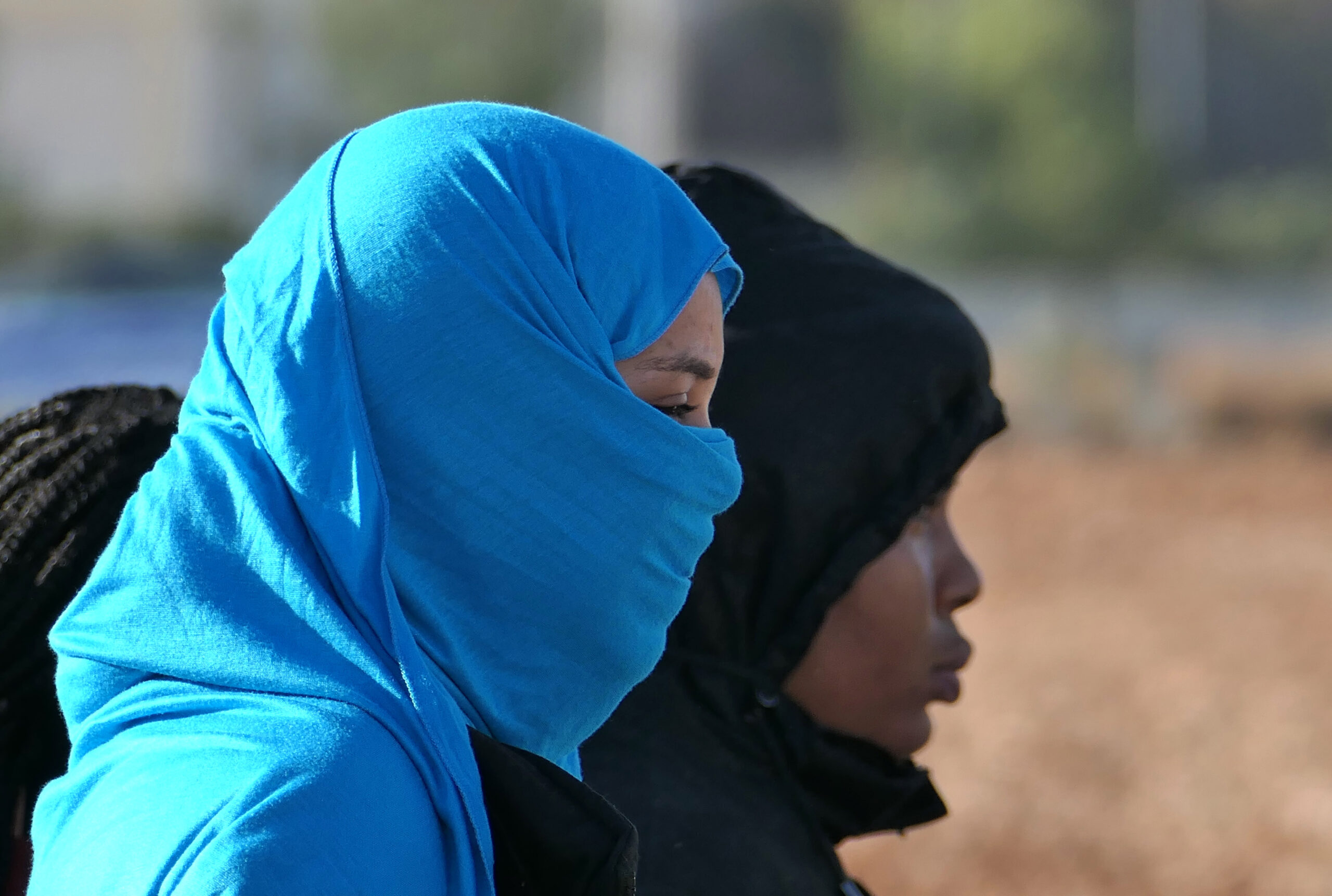Despite the Republic of Cyprus meeting the minimum standards to eliminate people trafficking, challenges persist, said the US State Department’s annual report.
According to the report, Cyprus has demonstrated serious and sustained efforts in combating human trafficking, resulting in its continued placement in Tier 1.
However, the report highlights a decrease in the number of traffickers convicted and defendants prosecuted.
The Social Welfare Services has been criticised for its delayed response to referrals of potential victims and for failing to refer all potential victims to the police for official identification procedures.
Additionally, the government has faced criticism for reducing overall funding for victim assistance and failing to promptly disburse financial aid to victims.
Judges have not consistently issued restitution as part of sentencing, while victims have never received compensation from the established fund.
One of the primary recommendations is for authorities to vigorously investigate, prosecute, and convict traffickers, which includes addressing any potential involvement of complicit officials.
Efforts to proactively identify victims among vulnerable populations, such as migrants, asylum-seekers, and agricultural workers, have also been emphasised.
Adequate victim protection and assistance resources, including healthcare access, rental disbursements, and financial aid, are also necessary to reduce delays and ensure timely support.
The report recommends seeking adequate penalties for convicted traffickers, including significant prison terms, and providing training to judges across all levels of the judiciary to consider the severity of trafficking when issuing sentences.
Efforts to reduce delays in court proceedings are also highlighted, along with strengthening the capacity of the Labour Inspectorate to identify and refer victims of forced labour.
Trafficking profile
Trafficking victims identified in Cyprus in 2022 originated from Cameroon, Eastern Europe, Egypt, India, Nepal, and Nigeria.
Primarily, women from Eastern Europe, South and Southeast Asia, and sub-Saharan Africa are subjected to sex trafficking by traffickers operating in Cyprus.
The exploitation of these victims occurs in private apartments, hotels, streets, bars, pubs, coffee shops, massage parlours, and cabarets notorious for commercial sex activities.
Traffickers use short-term tourist visas available to Ukrainians and Russians to recruit young women into sex trafficking, enticing them with false promises of marriage or work as barmaids or hostesses.
Additionally, foreign migrant workers, primarily from North Africa, South Asia, and Southeast Asia, are subjected to forced labour in the agricultural sector.
Domestic workers from India, Nepal, the Philippines, and Sri Lanka are vulnerable to forced labour, while asylum-seekers from Southeast Asia and Africa are exploited in agriculture and domestic work.
Furthermore, traffickers exploit Cypriots struggling with drug addiction and young women with disabilities, forcing them to commit criminal offences such as distributing illegal substances and fraud in welfare benefits.
Inadequate response
According to the report, despite some recent “legislative amendments” in the Turkish-occupied north, the overall response to trafficking remains inadequate, jeopardising the safety and well-being of vulnerable individuals within the region.
It says Turkish Cypriot authorities have failed to prioritise victim protection, assistance, and prevention measures against trafficking.
Only one trafficker was “convicted” under the “trafficking article” in December 2022, and no further “investigations” or “prosecutions” took place.
Victim protection remains a major concern, as Turkish Cypriot police failed to identify any trafficking victims or provide essential support services such as shelter, healthcare, and psychological assistance.
Allegations have also been made regarding the involvement of “government officials” in organised criminal groups associated with nightclubs.
Some police officers are also believed to maintain connections with nightclub managers, owners, and operators, hindering efforts to address trafficking concerns effectively.
In the north, traffickers exploit women from Central Asia, Eastern Europe, and Africa in sex trafficking in nightclubs licensed and regulated by Turkish Cypriot authorities.
Men and women are exploited in forced labour in the industrial, construction, agriculture, domestic work, restaurant, and retail sectors.
Traffickers control forced labour victims through debt-based coercion, threats of deportation, restriction of movement, and inhumane living and working conditions.
Migrants, especially those who cross into the Turkish-occupied area after their work permits in the Republic of Cyprus have expired, are vulnerable to labour trafficking.










